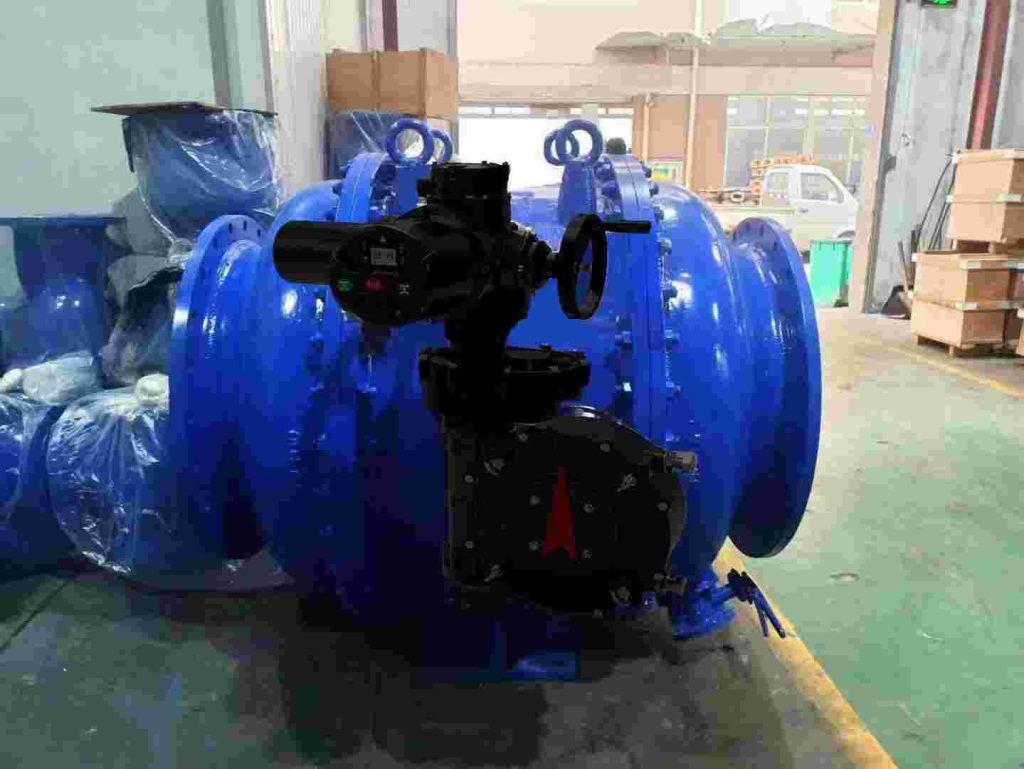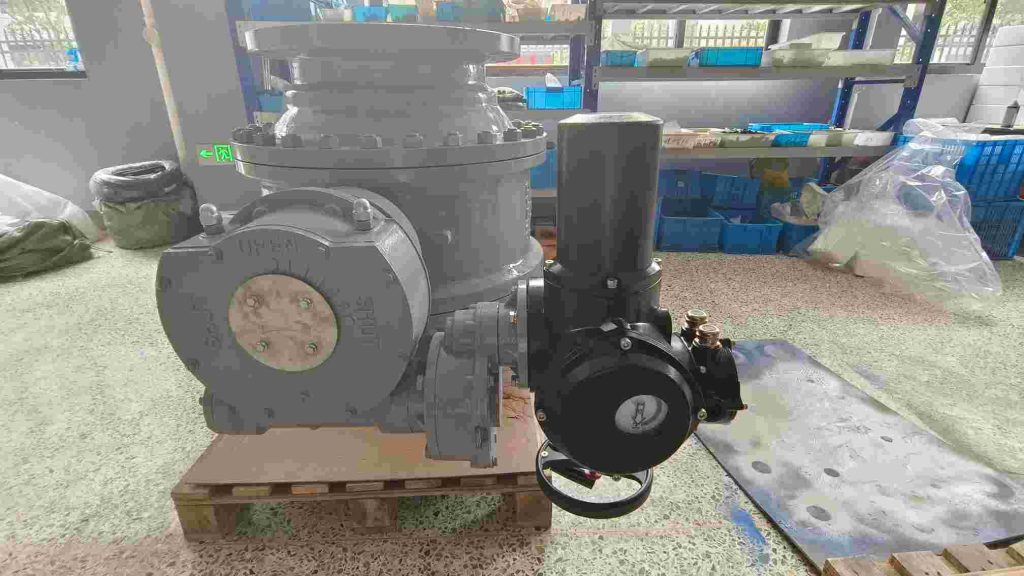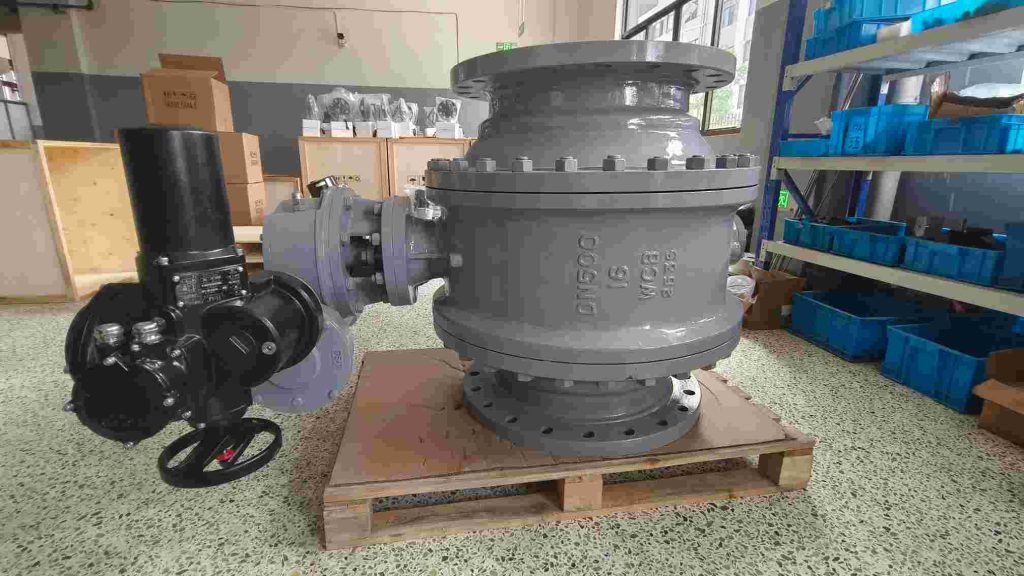In the quest for sustainable energy solutions, hydrogen has emerged as one of the most promising candidates to power the vehicles of the future. Among the many innovations in the transportation sector, the concept of the “Hydrogen Energy Electric Warlord” stands out as a metaphorical representation of how hydrogen-powered vehicles could dominate the roads, leading a revolution in clean energy transportation. But what does this term really mean, and how can hydrogen energy reshape the way we view transportation and energy consumption?

The Rise of Hydrogen as a Clean Energy Source

Hydrogen energy, specifically hydrogen fuel cells, has gained significant attention due to its potential to reduce carbon emissions and dependency on fossil fuels. A hydrogen fuel cell generates electricity by combining hydrogen gas with oxygen from the air, producing only water vapor as a byproduct. This process makes hydrogen an incredibly clean energy source, free from harmful emissions, making it an ideal candidate for tackling climate change and reducing the carbon footprint of transportation. In contrast to traditional electric vehicles (EVs) powered by lithium-ion batteries, hydrogen fuel cells offer several unique advantages. Hydrogen refueling stations are quicker to replenish compared to battery charging stations, and hydrogen vehicles can travel longer distances without needing a recharge, a significant advantage in long-haul transportation. As the world pivots towards decarbonization, hydrogen-powered vehicles have the potential to become the “electric warlords” of the future, dominating the transportation sector in ways we have yet to fully realize.

Leave a Reply